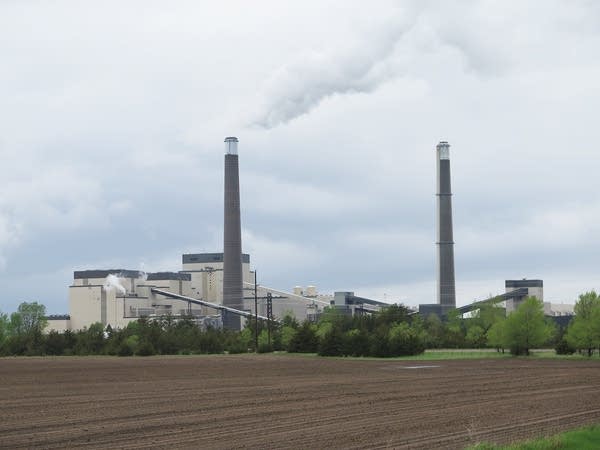Xcel Energy's plans: 5 things to watch

The Sherburne County Generating Station dominates the skyline near Becker. Xcel Energy has said it plans to retire all three of the plant's generating units by 2030.
Kirsti Marohn | MPR News file
Go Deeper.
Create an account or log in to save stories.
Like this?
Thanks for liking this story! We have added it to a list of your favorite stories.


